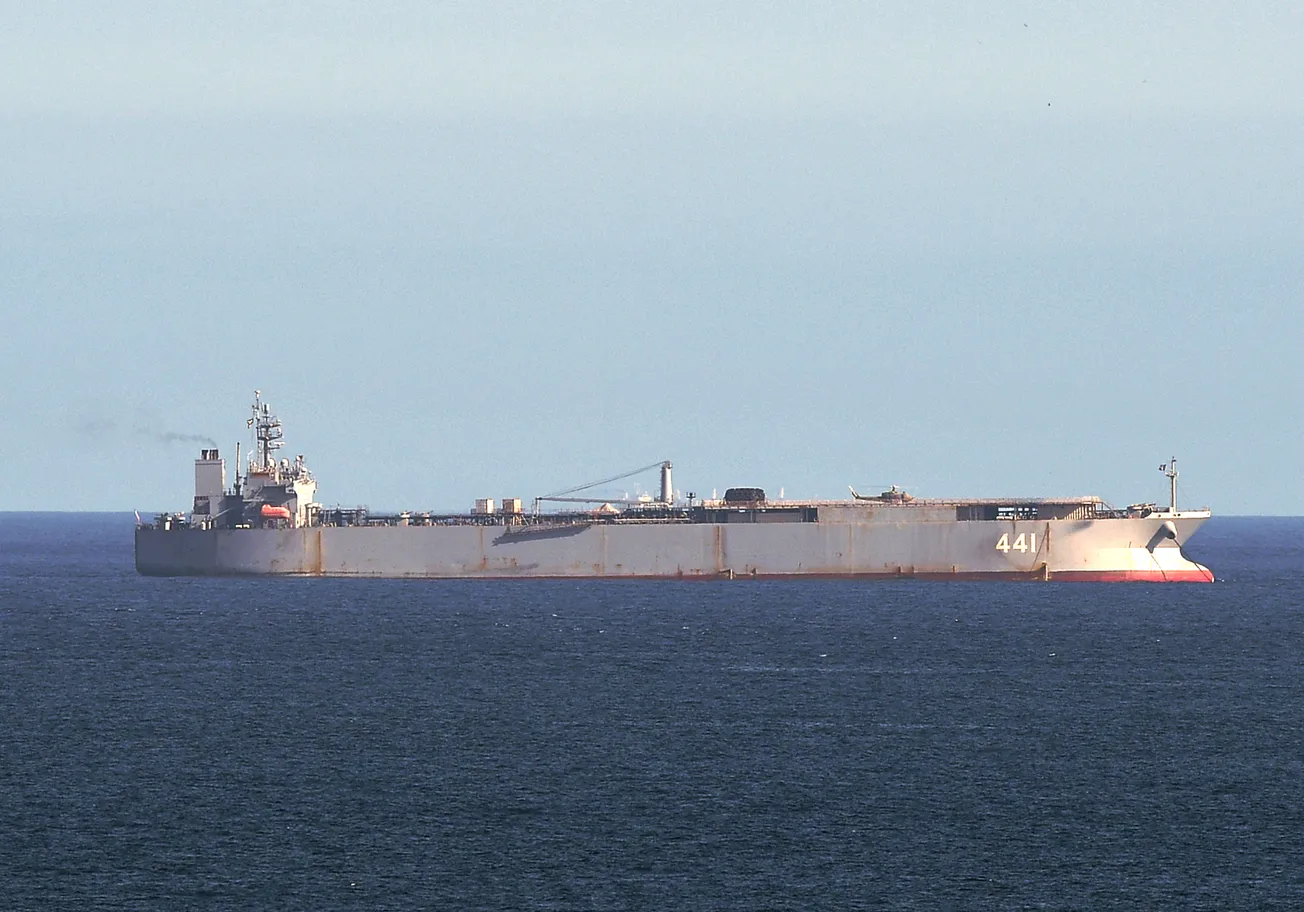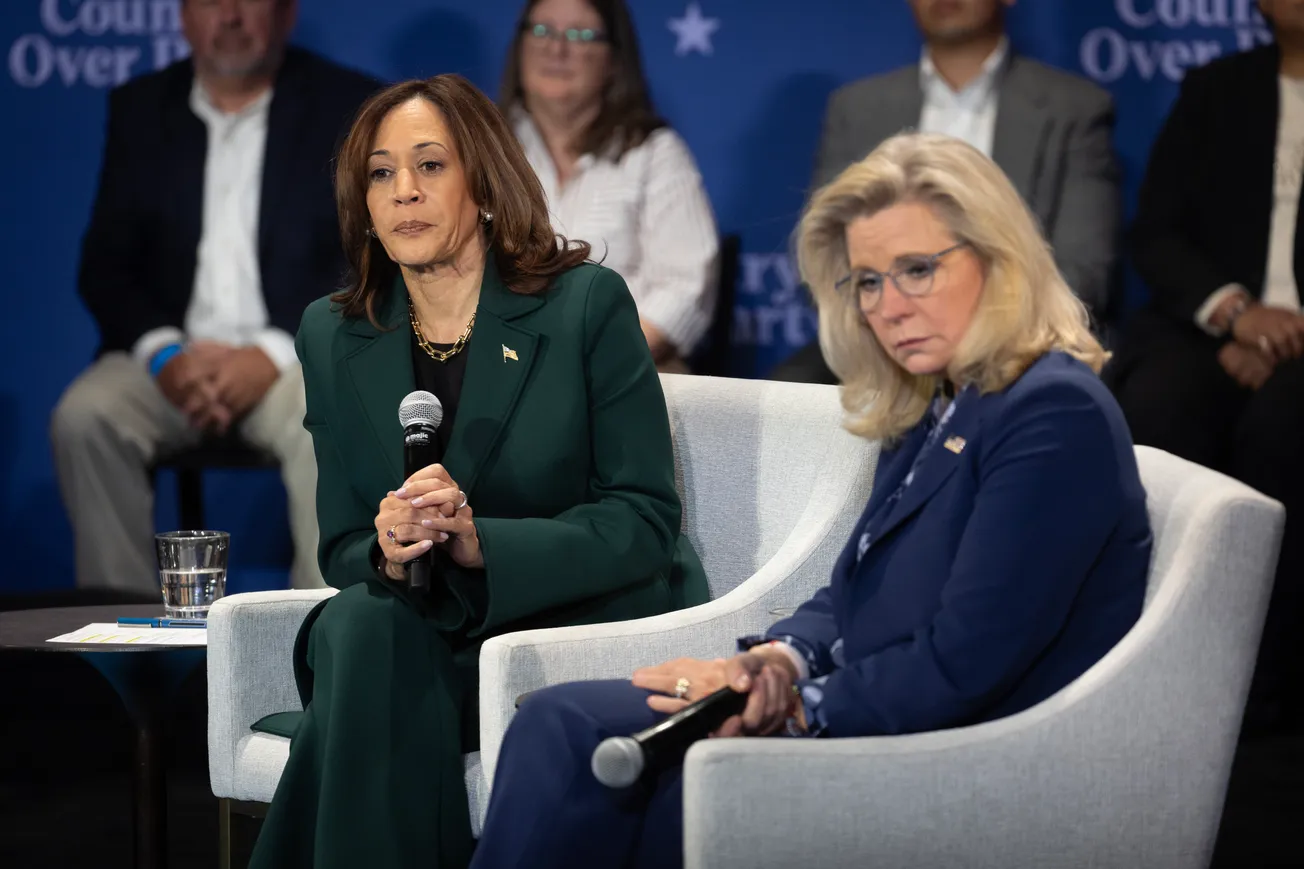A few days ago, two Iranian warships, IRIS Makran and IRIS Dena, docked in Rio de Janeiro after Brazilian President Luiz Inacio "Lula" da Silva's government granted the necessary permissions. One was a destroyer equipped with a range of defense and attack systems. The docking of the warships sparked concern among the international community that has been trying to isolate the right-wing Iranian regime.
But Brazil's move is not unexpected. Last month, Reuters reported that the Brazilian government had bowed to U.S. pressure and declined requests for the Iranian vessels to call on the country as it coincided with Lula's visit to Washington. Now that the visit is over, Rio is courting Tehran and playing up its neutral card.
President Lula is pursuing diplomacy with Iran as part of his efforts to boost Brazil's standing on the international stage. Lula and Tehran go way back. More than a dozen years ago, he met with Iran's then-President Mahmoud Ahmadinejad to broker a nuclear deal between Tehran and Washington. President Lula has also strongly opposed U.S.-backed sanctions against Iran for failure to adhere to the nuclear deal.
The Brazilian president has made it clear that he will endeavor to build closer ties with the U.S., unlike his far-right predecessor Jair Bolsonaro. At the same time, he plans to pursue and protect Brazil's interests in the face of the West's criticism and displeasure. Granting permission for warships to call on a Rio port is a symbolic gesture of support for Iran, particularly in the face of international pressure.
Brazil is a key ally of the U.S. in the south. China's growing influence in the Southern Hemisphere has been marked as a cause of "concern." America is actively pursuing diplomatic and military channels to counter the threat. With its vast coastline and strategic geographic location, Brazil has a crucial role in resisting China's domination plans.
But with the docking of the warships, there are fears that Iran's use of Rio's ports could pose a security threat. And such fears are not far-fetched. The Iranian regime's support for extremist groups like Hezbollah is well documented. The U.S. has designated the group as a terrorist organization. The group has been accused of acting as a proxy militia for Tehran and carrying out attacks against Israel and other U.S. allies. Rio is too close to home to ignore Iranian naval vessels' activities completely. Further, in January, the newspaper La Estrella de Panama reported that Tehran had plans to position warships in the Panama Canal as part of its campaign to boost its presence in Latin America. More than 14,000 vessels sailed through the 50-mile waterway in 2022, and the Panama Canal accounts for 5% of world maritime trade.
Ironically, America's "key ally," which is extending a warm welcome to Iran, is also a member of the BRICS. The intergovernmental organization has Russia, India, China, and South Africa as its other four members. The geopolitical bloc has steadily coordinated multilateral policies and increased cooperation across domains. Such initiatives among emerging economies have posed new challenges to traditional world powers, the U.S., the UK, and Europe. The growing influence of non-traditional powers has led to the emergence of new alliances, though informal, and the flouting of international sanctions at crucial junctures.
Despite America’s dissatisfaction, Brazil looked the other way and allowed Iran to dock its ships. The episode illustrates the waning U.S. influence in various parts of the world under the leadership of the Biden administration.
The emerging world order points to a multi-polar world where countries cooperate on common agendas and pursue national interests instead of blindly aligning with a bloc. The new dynamic calls for mutually beneficial alliances based on equality and shared interests. Rather than pressure or unilateral sanctions, partnerships may be the way forward.
Please email editor-tippinsights@technometrica.com







